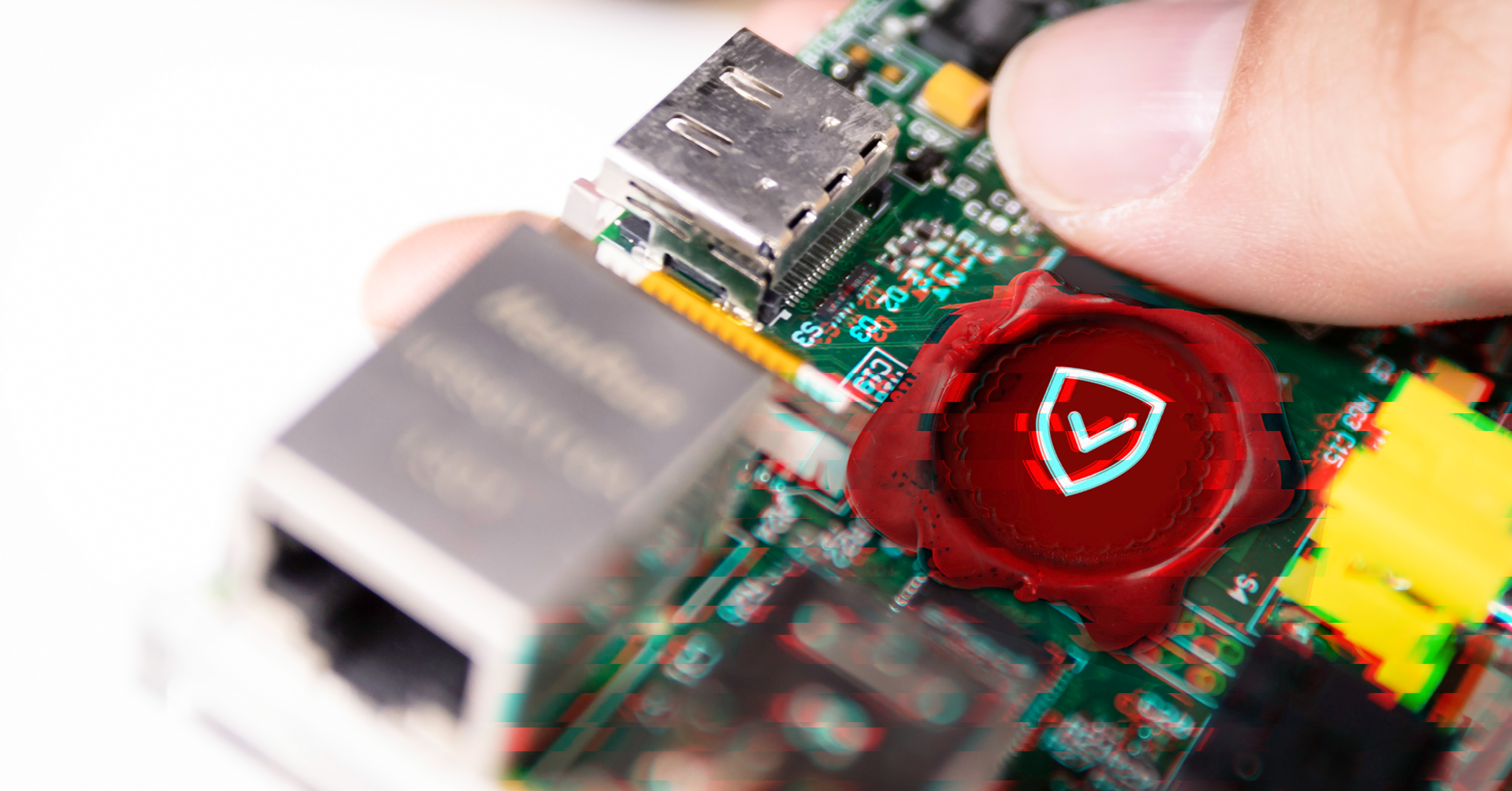
Would you tie your bike to a lamp post with a piece of string to protect it from thieves? Neither would we. However, this seems to be exactly what one manufacturer expects its customers to do. The company is bringing a bicycle lock with a Bluetooth interface (a version with a fingerprint sensor is also available) to the market. The irony: he advertises the steel cable lock with "IoT security", which is a contradiction in terms for many security experts.
Good intentions
Imagine the following: You want to treat yourself to something and bought a new bike. Since the budget allowed for a bit more than just the basic cooking model, you splurged a little - maybe more than most would do for a bicycle. Of course, every bike needs a lock so that nobody can steal it from the hallway of your apartment building or in front of the supermarket.
However, when it comes to choosing the right lock, you are quickly overwhelmed by the choice that the market has to offer. The prices range from 5 euros to over 200 euros. The lower price category is out of the question, because you have already heard that cheap locks are no good and some can even be opened without tools. While browsing the web for options, your eye gets stuck on a lock for approx. 130 Euros, i.e. the price is in the upper mid range. It has a Bluetooth interface that can open the lock without a key. Alternatively, a fingerprint sensor is available. A rubber cap protects the sensitive electronics. Sounds good: the lock doesn't need any keys that you could lose, so the already thick bunch of keys doesn't grow any further.
No power
A lock that's got electronic components built in, is going to need electricity. To do this, the locks have their own (rechargeable) batteries installed, which, according to the manufacturer, should last for several months. Time will tell if and how far the batteries live up to this promise. In general, the performance and durability of many types of batteries and rechargeable batteries is strongly dependent on the ambient temperature - at very low temperatures the performance decreases in most cases, except when dealing with lithium batteries. In a worst case scenario, a cyclist stands in front of a locked bicycle whose lock cannot be opened. Either the battery of the lock is dead or the battery of the smartphone has run flat - just as Murphy's Law dictates. Locks whose batteries are accessible from the outside make any discussion about security superfluous. Once snapped shut, the locks can no longer be opened in a non-destructive way - in contrast to cars, smart bicycle locks often do not have an emergency key. If, however, it is a cable lock, the locked out cyclist has at least the slight consolation that it won't be too difficult to open the lock.
Theory vs practice
What looks good on paper, however, has some glaring shortcomings in practice. Some companies that tried to use crowdfunding to bring a "smart" bicycle lock onto the market have already failed in the past and have discontinued further development work. Locks like these are therefore not entirely new - but with this lock you can clearly see what happens when a software manufacturer tries its hand in a business field that is obviously foreign to him. We are not even talking about the suscpetibility to electronic attacks (which in general has already been proven dozens of times with door locks). Even if we assume that the lock's electronics are absolutely faultless and 100% secure, one weak point really stands out like a sore thumb: beyond the sophisticated electronics, a normal steel cable or chain secures the bicycle. And bicycle thieves have several decades of experience under their belts when it comes to overpowering steel cables and chains. Such a lock is not a serious obstacle for a wire cutter or a bolt cutter. It is hardly surprising that cable locks are sometimes mockingly called "gift ribbons" by police officers (at least in Germany). Professional bicycle thieves have even been seen using battery-powered angle grinders to tackle more stubborn locks.
Saving money in the wrong place
If you are looking for a good bicycle lock, you should not only look at the price and comfort, but also look beyond the the all-important "ease of use". For the same price you pay for the electronic lock, you get a lock that may not be "smart", but comes from a manufacturer who already has experience in manufacturing locks. Even if you spend a lot of money on a smart lock, in the worst case you have saved money at the wrong end. It's just like any kind of security, whether in the virtual or the real world: whoever makes it as difficult as possible for an attacker has the edge. This applies to bicycle thieves or burglars as well as to cyber criminals.
At present, electronic locks are simply not yet a real alternative to the existing "old" lock-and-key technology. In comparison to modern digital technology, it may seem downright old-fashioned - but at least it works.


